And the lag between deaths occurring and being registered
We now provide modelled estimates of death occurrences to remove these
The chart below shows both registrations and modelled occurrences across 2020
2/11
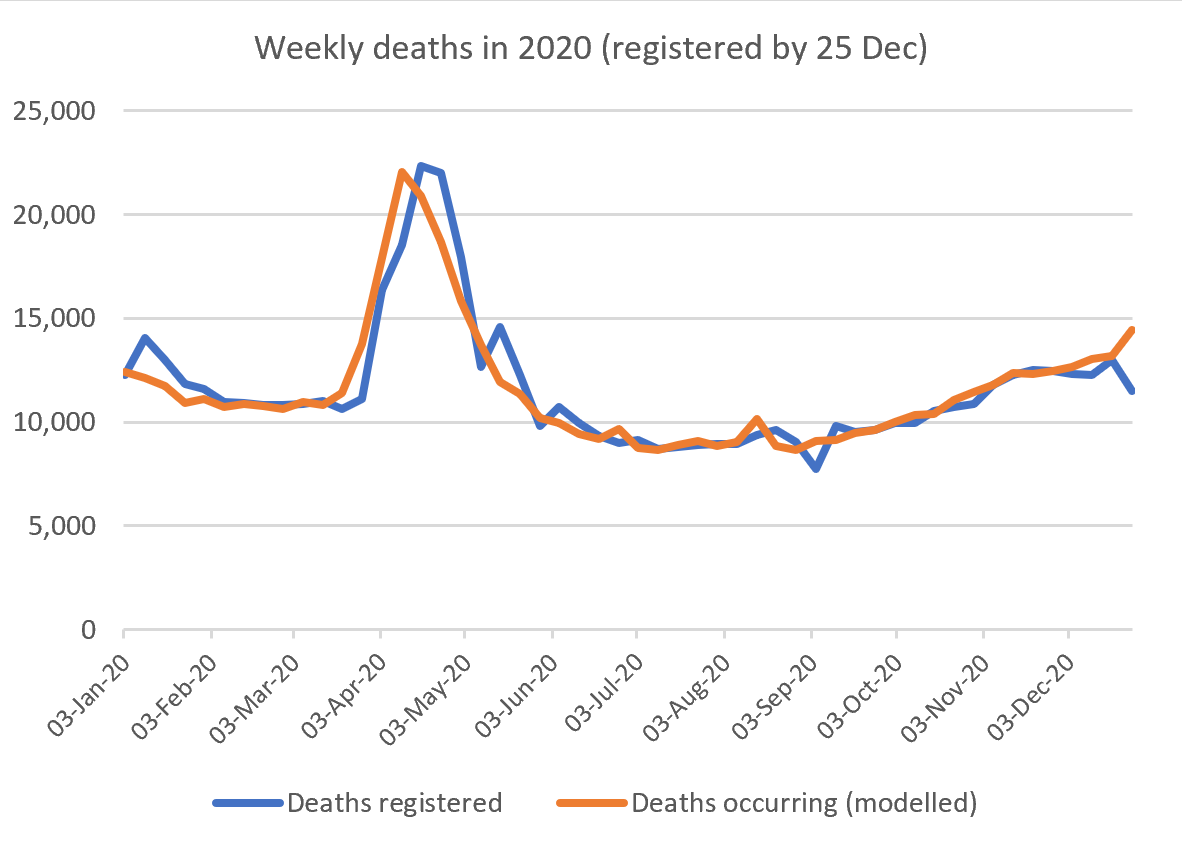

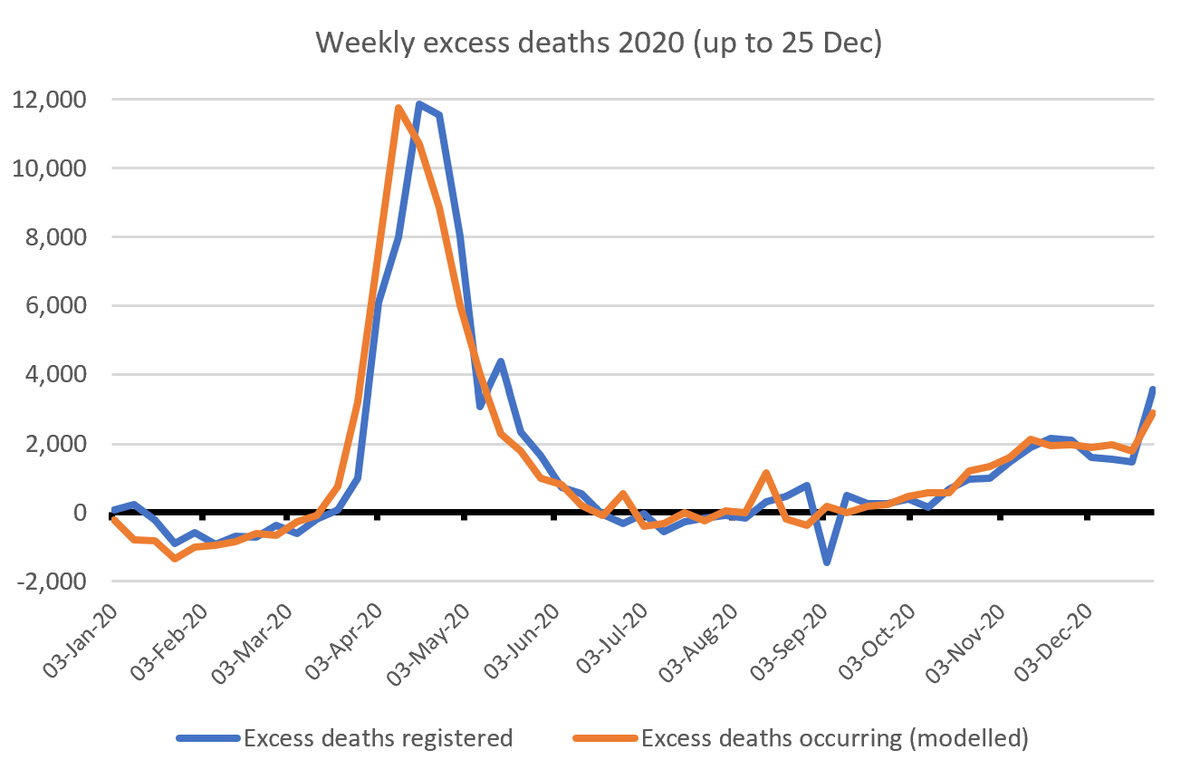
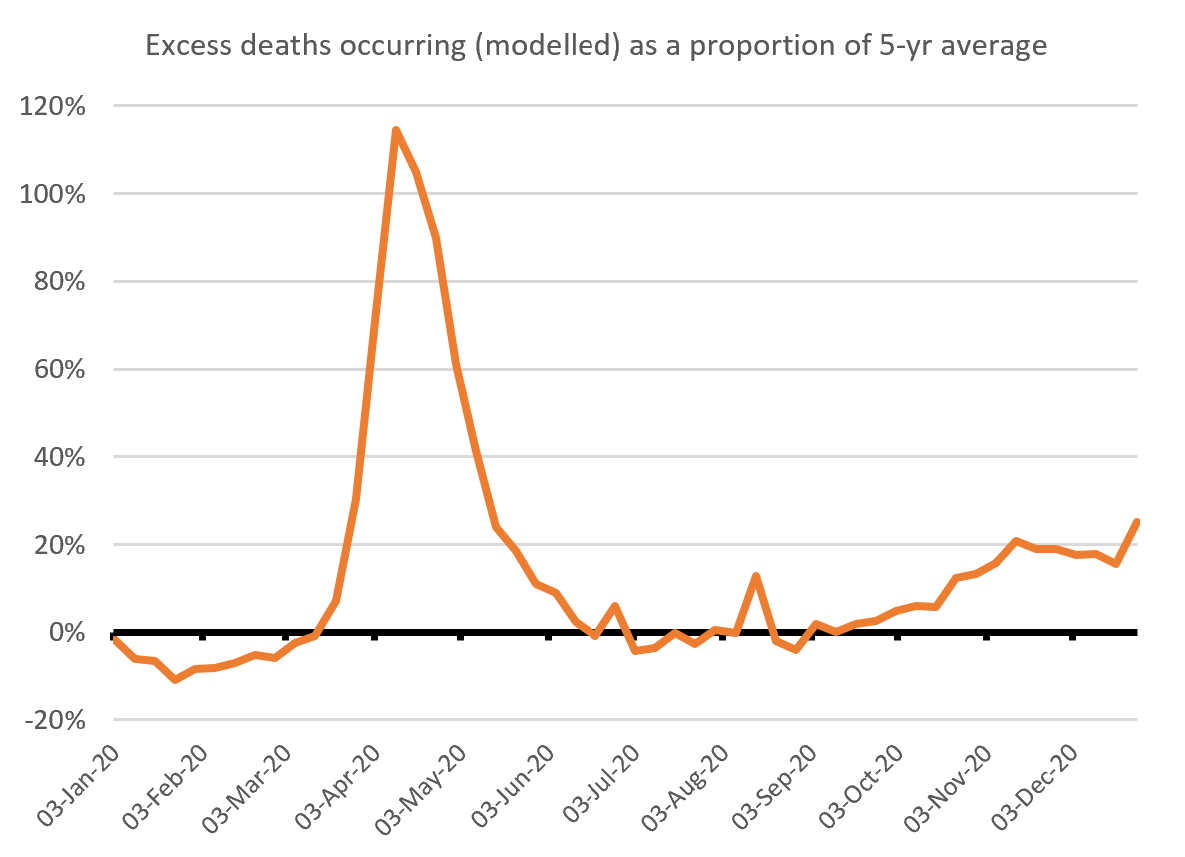
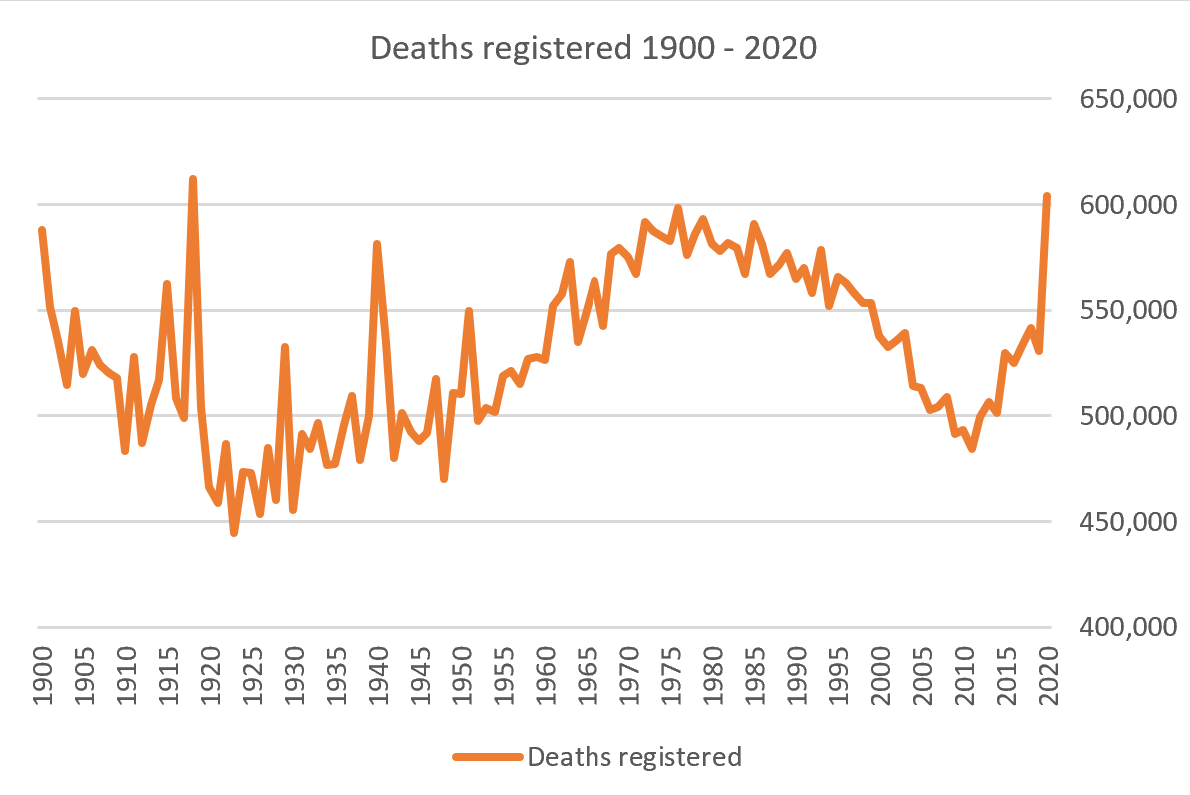
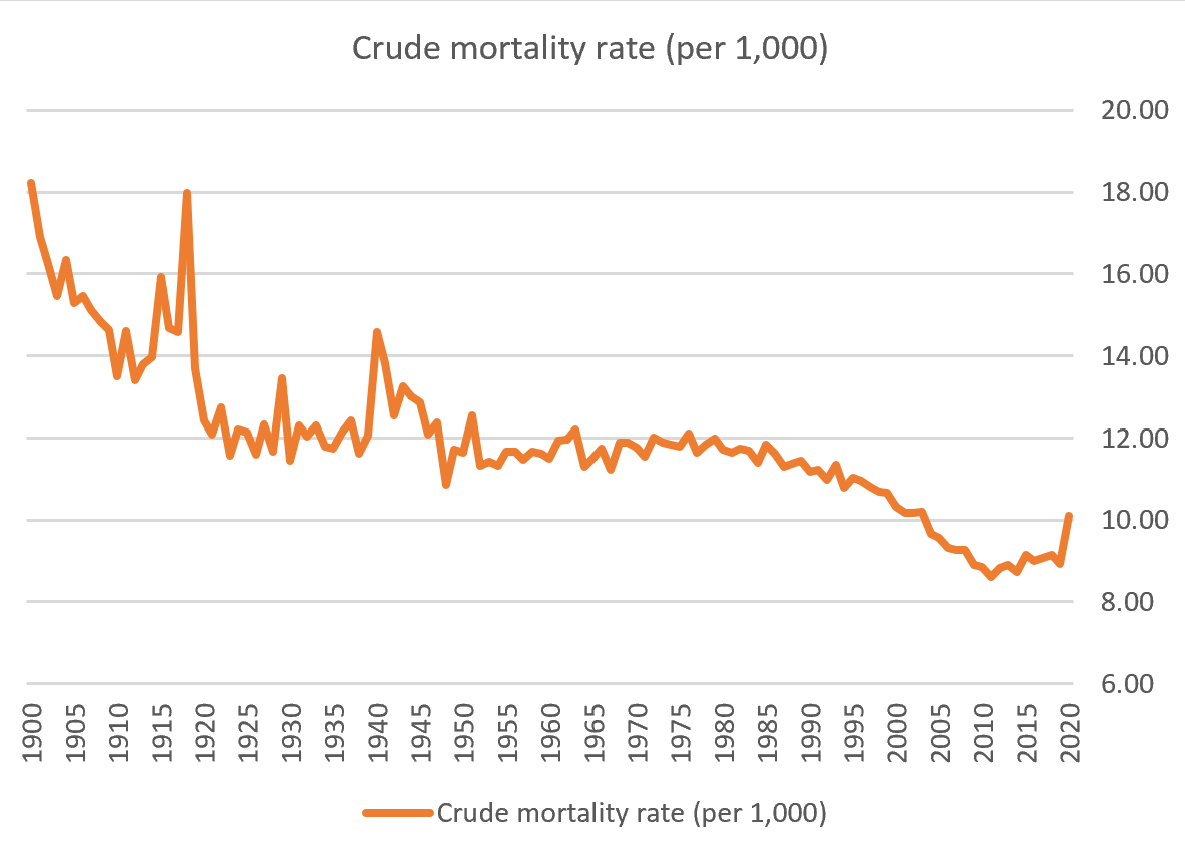
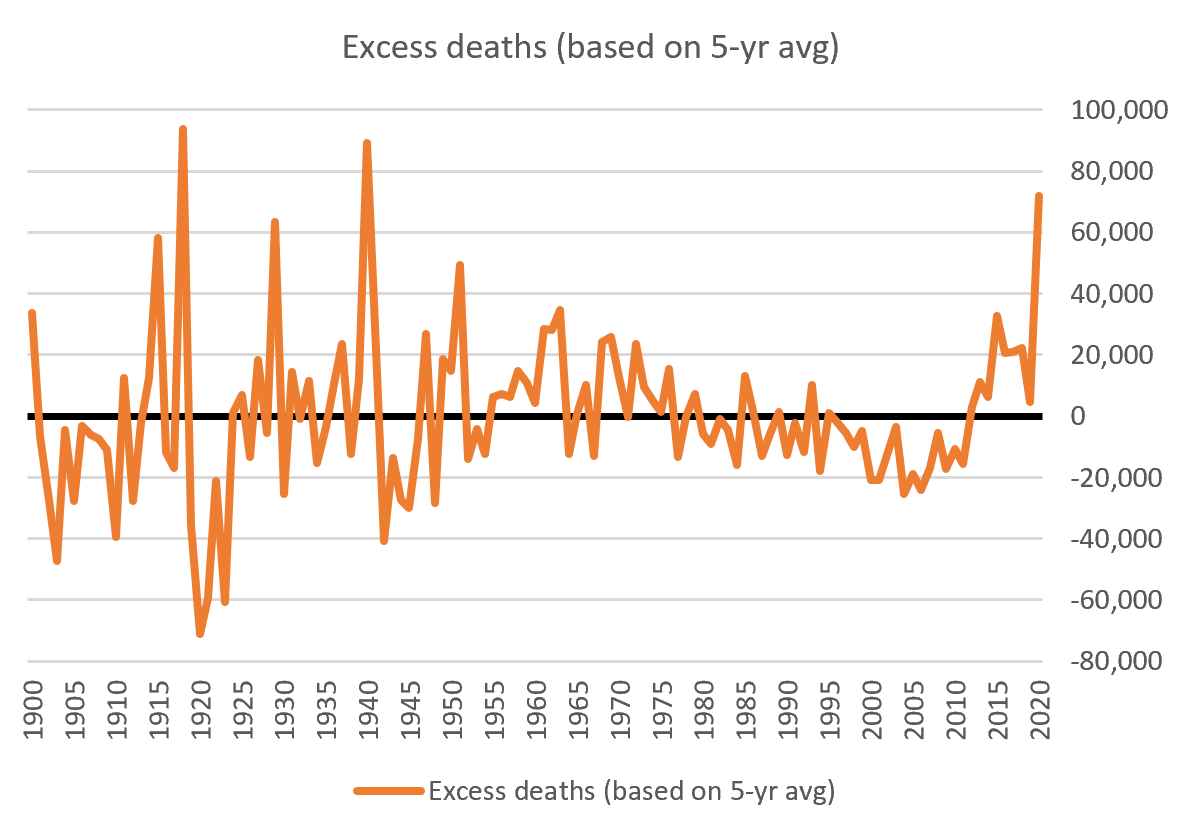
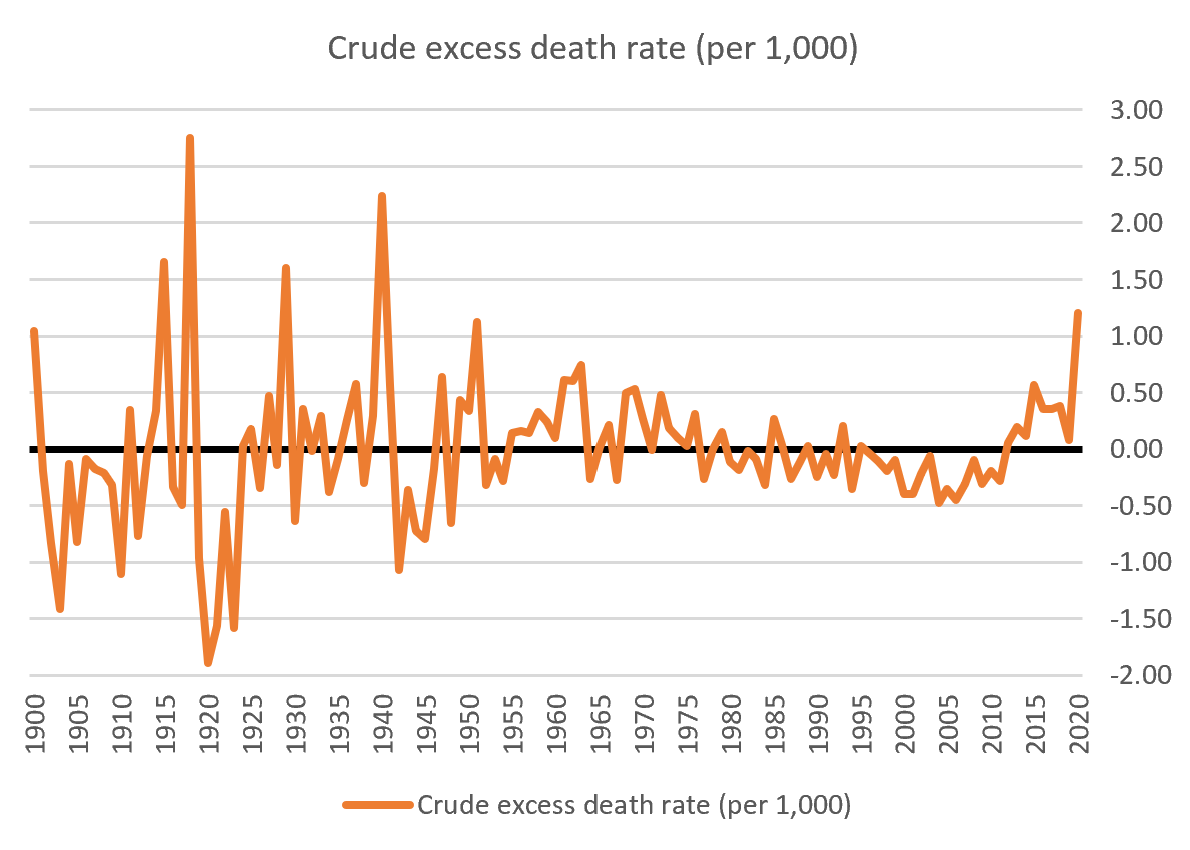
THREAD \u2013 COVID logic
— Nick Stripe (@NickStripe_ONS) December 29, 2020
More cases = more potential for COVID to spread and mutate
More spread = more serious illness
More serious illness = more pressure on the health service
If overstretched = more deaths, limited resource for other care, longer term health issues build up
1
We\u2019ve released our latest bulletin for deaths registered in England and Wales, week ending 25 December 2020.
— Office for National Statistics (ONS) (@ONS) January 6, 2021
The number of deaths registered was impacted by the Christmas Day bank holiday and trends should be interpreted with caution https://t.co/wifM4rin3R

True State of the Nation
— Secret SoSHHiety (@SouledOutWorld) December 19, 2020
You think you know what's coming... but you don't...https://t.co/MVoIuxgaWX pic.twitter.com/DtF2Q53HrT
Truth About Antarctica
— Secret SoSHHiety (@SouledOutWorld) December 19, 2020
Why? Scalar EM Antennas are kept at Antarctica; Scalar EM weaponry is the anonymous weapon to be used by the White Horse of Rev 6.https://t.co/7CDzmQfLSX pic.twitter.com/0400oCN8io
The Finger (fuck you/fuck the world)
— Secret SoSHHiety (@SouledOutWorld) December 18, 2020
The middle finger is the Saturn finger.https://t.co/BsrsBE3f5h pic.twitter.com/ZJqZll8lU1
Bread and Circuses
— Secret SoSHHiety (@SouledOutWorld) December 18, 2020
Bring in the clowns & the fast food...https://t.co/SZAlfkqTI3 pic.twitter.com/gLys0mNMIq
"we don't negotiate salaries" really means "we'd prefer to negotiate massive signing bonuses and equity grants, but we'll negotiate salary if you REALLY insist" https://t.co/80k7nWAMoK
— Aditya Mukerjee, the Otterrific \U0001f3f3\ufe0f\u200d\U0001f308 (@chimeracoder) December 4, 2018



